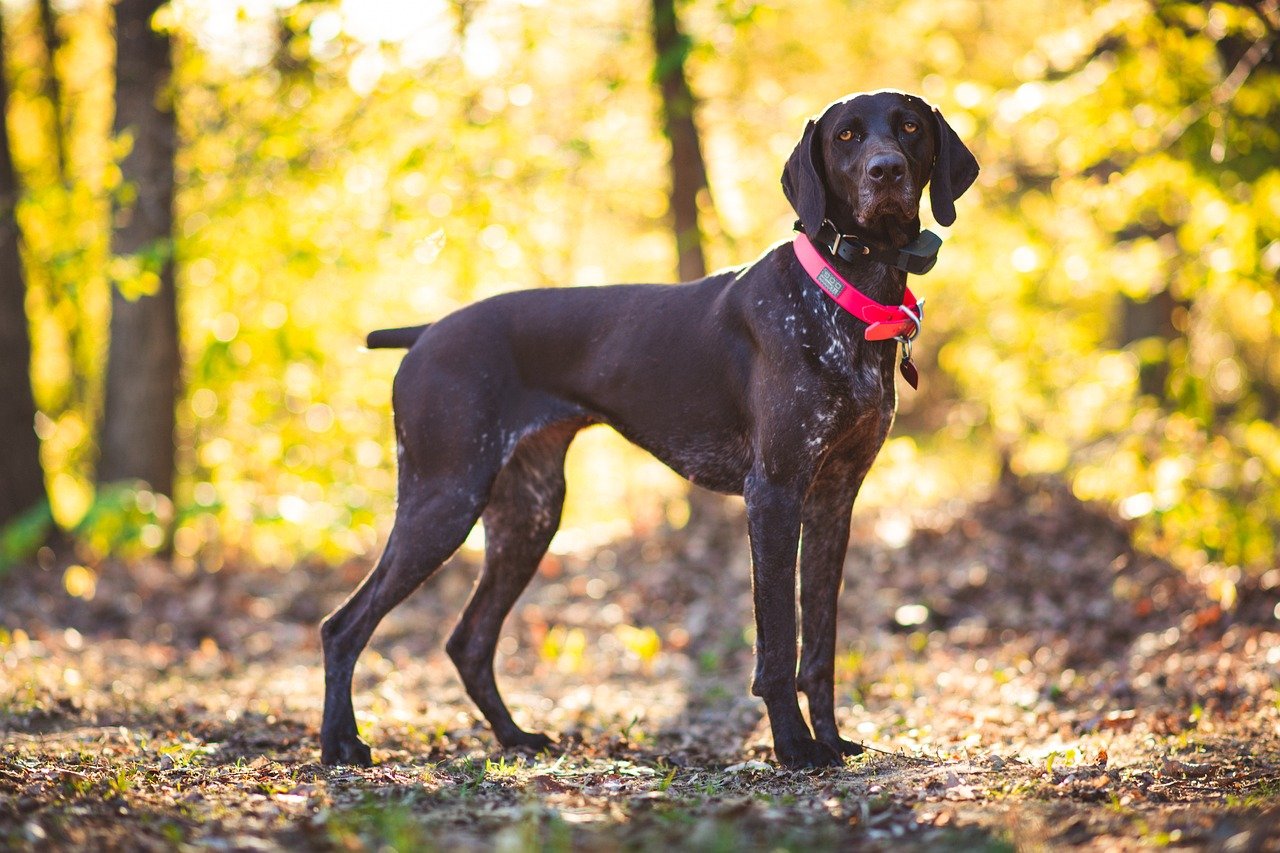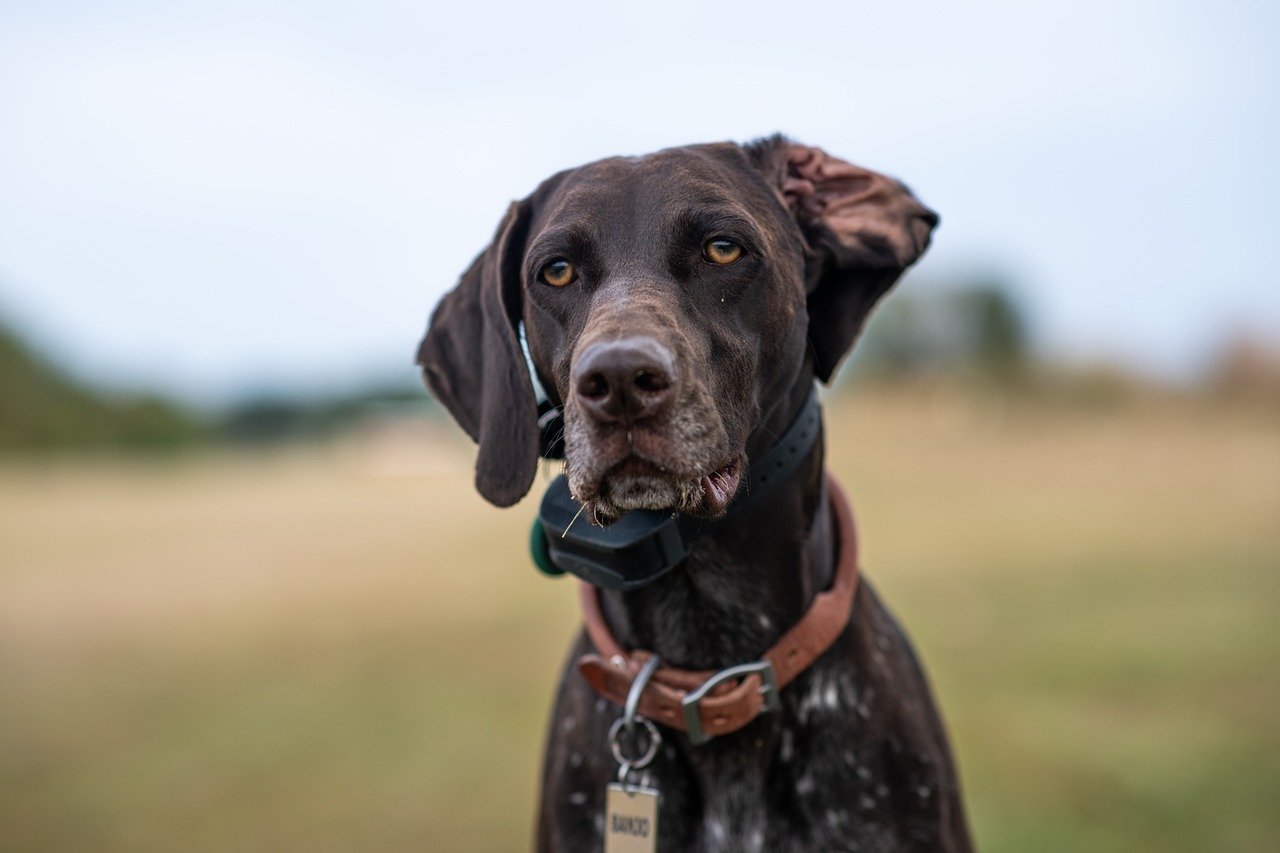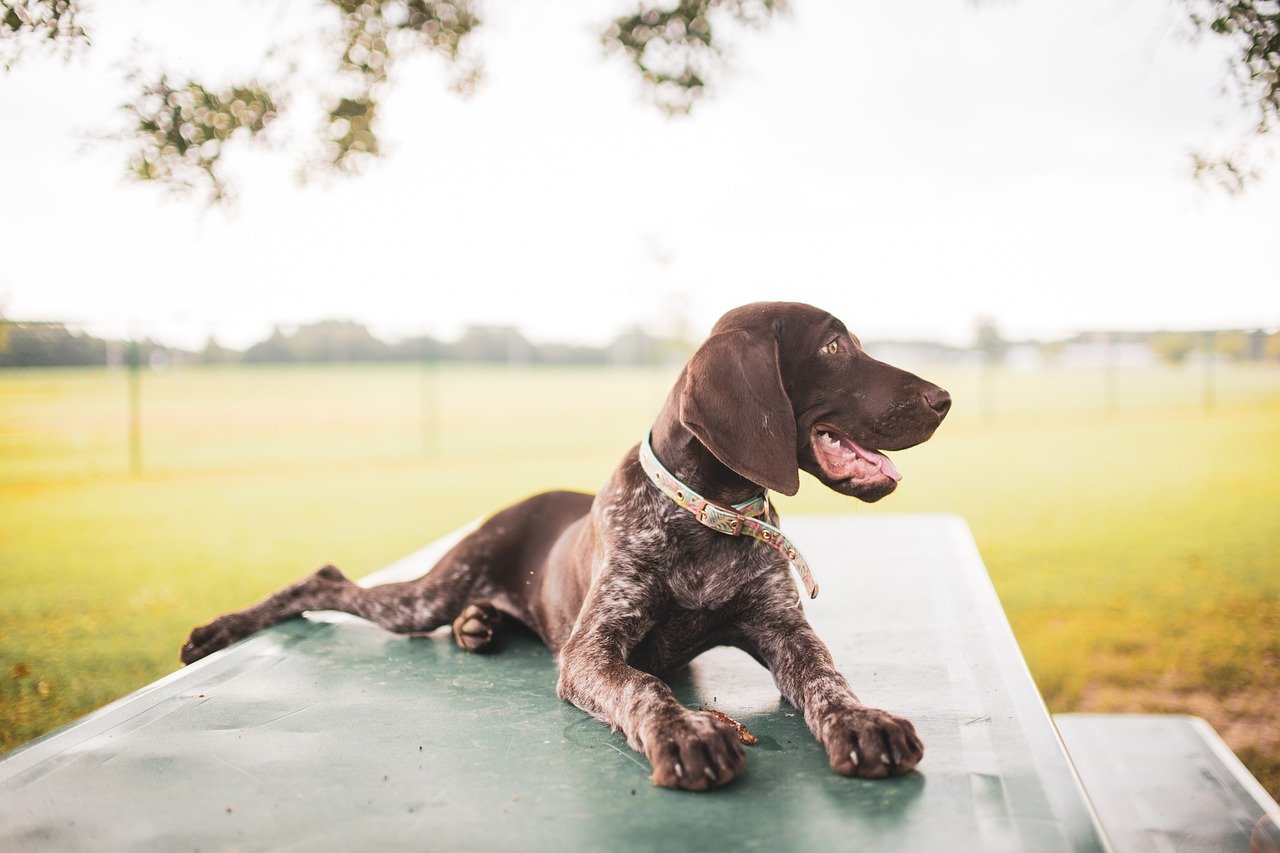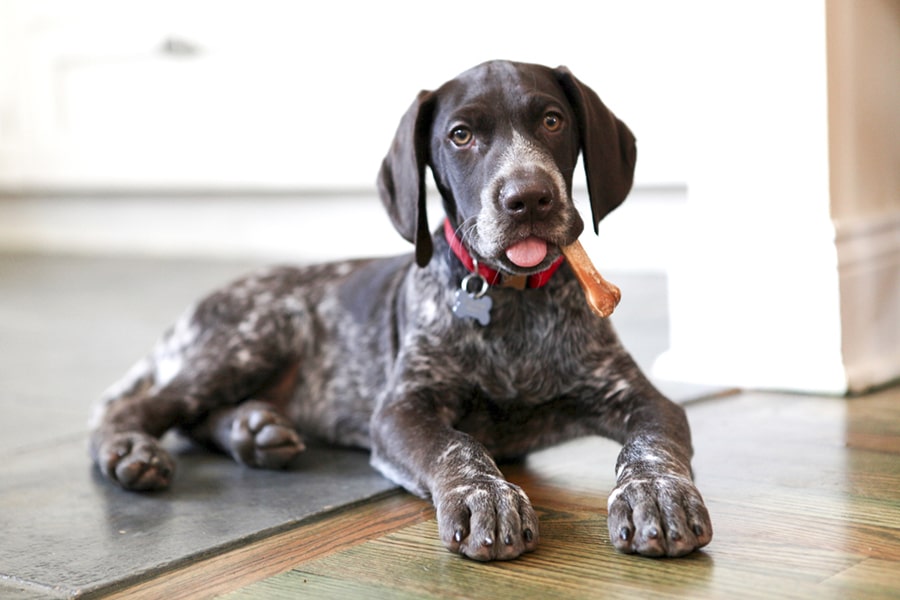Pointers
No products found which match your selection.
Shelter Dog Meal Donation Count:
No products found which match your selection.
The Pointer is an active, intelligent breed, ideal for families or individuals with an active lifestyle. Renowned for their loyalty and friendly demeanor, they make excellent companions. Their high energy and intelligence mean they thrive with regular exercise and mental stimulation, making them well-suited for a variety of activities beyond their traditional hunting roles. With their easy-going nature and minimal grooming needs, Pointers are a joy to have in any home that can meet their exercise needs.
The Pointer is an energetic and versatile breed, excelling in hunting and various dog sports. Their intelligence and eagerness to please make them a joy to train. They are also known for being affectionate and loyal family pets.

Originating in England in the 17th century, Pointers were initially bred to point out game birds. Their ancestry is believed to include a mix of breeds such as the Foxhound, Greyhound, and Bloodhound, contributing to their unique traits.




Pointers are generally a healthy breed but may be prone to conditions like hip dysplasia, certain types of cancers, and allergies. Regular veterinary check-ups and a healthy lifestyle can mitigate many health risks.
Grooming a Pointer is relatively easy due to their short coat. Regular brushing, occasional baths, and routine ear cleaning and nail trimming are sufficient.
Pointers require regular, vigorous exercise to stay healthy and happy. Activities like running, hiking, and playing fetch are ideal for keeping them physically and mentally stimulated.
Training should start early, focusing on socialization and basic commands. Pointers respond well to positive reinforcement methods. Consistency and patience are key in training this intelligent yet sometimes stubborn breed.
A balanced diet is crucial for the Pointer's health. High-quality dog food, appropriate to the dog's age (puppy, adult, senior), size, and activity level is recommended. Regularly consulting a veterinarian for dietary advice is also beneficial.
Owning a Pointer can be a highly rewarding experience. Their loyalty, intelligence, and energetic nature make them excellent companions for active individuals or families. With proper care, training, and affection, Pointers make not just great working dogs, but also loving and devoted pets.
Pointers, like all dog breeds, are prone to certain health issues. As a responsible owner, being aware of these common health concerns and recommended tests can help ensure your Pointer leads a long, healthy life. Here’s an overview:
Routine health check-ups with a veterinarian are crucial for early detection and management of these health issues. Additionally, maintaining a healthy lifestyle with proper nutrition, regular exercise, and dental care can significantly contribute to the overall well-being of a Pointer. If you're considering adopting a Pointer, it's a good idea to discuss these health concerns and recommended tests with a breeder or veterinarian to ensure you're prepared for responsible breed care.
The iHeartDogs Free Rx Discount Card Program is a pet prescription discount card that can help you save money on your furry friend’s medications. The card is free to sign up for, and you can use it at participating pharmacies nationwide. To use the free program, simply show the card to your pharmacist when you pick up your pet’s prescription. The pharmacist will then scan the card, and you will receive a discount on the price of the medication.LEARN MORE
Caring for a Pointer, like any dog, involves various expenses. The annual cost can vary depending on factors such as your location, the dog’s health, and the level of care and lifestyle you provide. Here’s a breakdown of typical expenses:
Total Estimated Annual Cost:
$2600 - $6600
It's important to note that these figures are estimates and can vary. Also, the first year of owning a dog can be more expensive due to one-time costs like spaying/neutering, initial vaccinations, and training. Regular budgeting for your dog's needs and an emergency fund for unforeseen costs are essential for responsible pet ownership.
We rely on ads to keep creating quality content for you to enjoy for free.
Please support our site by disabling your ad blocker.
Continue without supporting us
If the prompt is still appearing, please disable any tools or services you are using that block internet ads (e.g. DNS Servers).